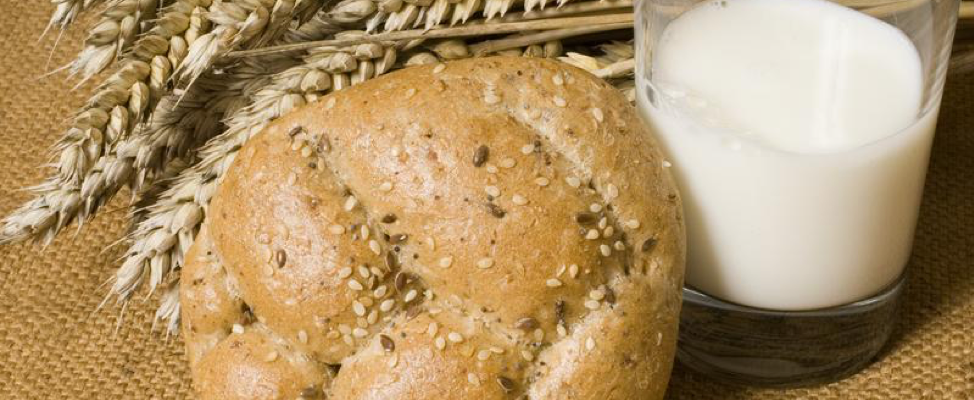DSAP, eczema and psoriasis are skin diseases that can negatively impact your life, especially when you’re in the middle of a flare-up. If you’re at your wit’s end with your skin, then it’s time to look at all the factors that may be contributing to your flare-ups, including your diet.
Wheat
Precision Nutrition talks about how it has long been thought that there is a connection between eczema flare-ups and wheat and gluten. Unfortunately DSAP is such a rare disease there isn’t a lot of research out there but it’s thought that many of the same triggers could apply.
Some people who have eczema and psoriasis also suffer from celiac disease. Unfortunately, the connection between these conditions and gluten is not widely understood. Those who have switched to a gluten-free diet have seen an improvement in their conditions. However, residual chemicals that are in wheat may also play a part in skin flare-ups. Before you eliminate wheat totally from your diet, you can try organic wheat flour that is free from chemicals.
Dairy
Another part of your diet that may be causing your flare-ups is dairy products. Psoriasis is a disease that is partly an inflammation disorder, and as it turns out, high-fat dairy products cause inflammation. Kettle & Fire cautions that if you’re eating a lot of cheeses, milks, and ice creams, then you could be adding to the inflammation in your body, which then makes your flare-ups worse. These days, there are many alternatives to cow’s milk, including soy, almond, coconut, and cashew milks.
Junk Food
Maybe one of the most obvious reasons for your skin flare ups is a diet rich in junk food. It has long been proven that those who indulge in fast food regularly, including eating burgers, French fries, and soda, have an increased risk of developing acne and other skin conditions. Rich in fat and sugar, junk food is also rich in the aforementioned diet triggers, wheat and dairy.
Supplements That May Help
Making changes to your diet isn’t the only way to help minimize your eczema or psoriasis flare-ups. ASEA explains that supplements that promote cellular renewal may be especially helpful for those who suffer from skin disorders. A probiotic is one supplement that may help because it helps build up a resistance to bacterial infections that can cause flare-ups.
You could also add some anti-inflammatory supplements, such as turmeric and green tea extracts. These have been proven to reduce inflammation and to regulate your blood sugar. As for regular vitamins, try taking vitamins A, D, and E. These nutrients help your skin and immune system, both of which can make your body less prone to flare-ups. Be sure to talk with your doctor before starting on any supplements.
Changing your diet isn’t always easy, but it is well worth the effort if it means that you can reduce the length and severity of your skin flare-ups.
For more ways to fade your DSAP, check out our book Fade Your DASP in 12 Weeks!


Has anybody ever tried Calcium Betonite Clay?I have recently started ingesting it and applying it to my skin, hoping it may help.
I am trying ReNue 28 and ASEA spray. If they feel real itchy I am applying O’Keefe’s body cream for very dry itchy/red skin. I am a 57 year old female that first noticed these red spots on my legs like maybe last spring or summer. Then last fall I noticed that I had all these sores on my legs and they itched like the devil. Just recently saw a dermatologist who biopsied one of the spots. That was not super helpful as it came back undetermined. The Dr. though was sure that it was DSAP. I do have venous insufficiency in one of my legs so freezing would take even longer to heal. For now I am going to add the probiotc, turmeric, and green tea extract to my supplements and increase my intake of Vitamin E. I already take 5,000IU of Vitamin D. Most of the spots at this time do not itch except for on my shin. Some days it just drives me crazy.
does stress make dsap stronger